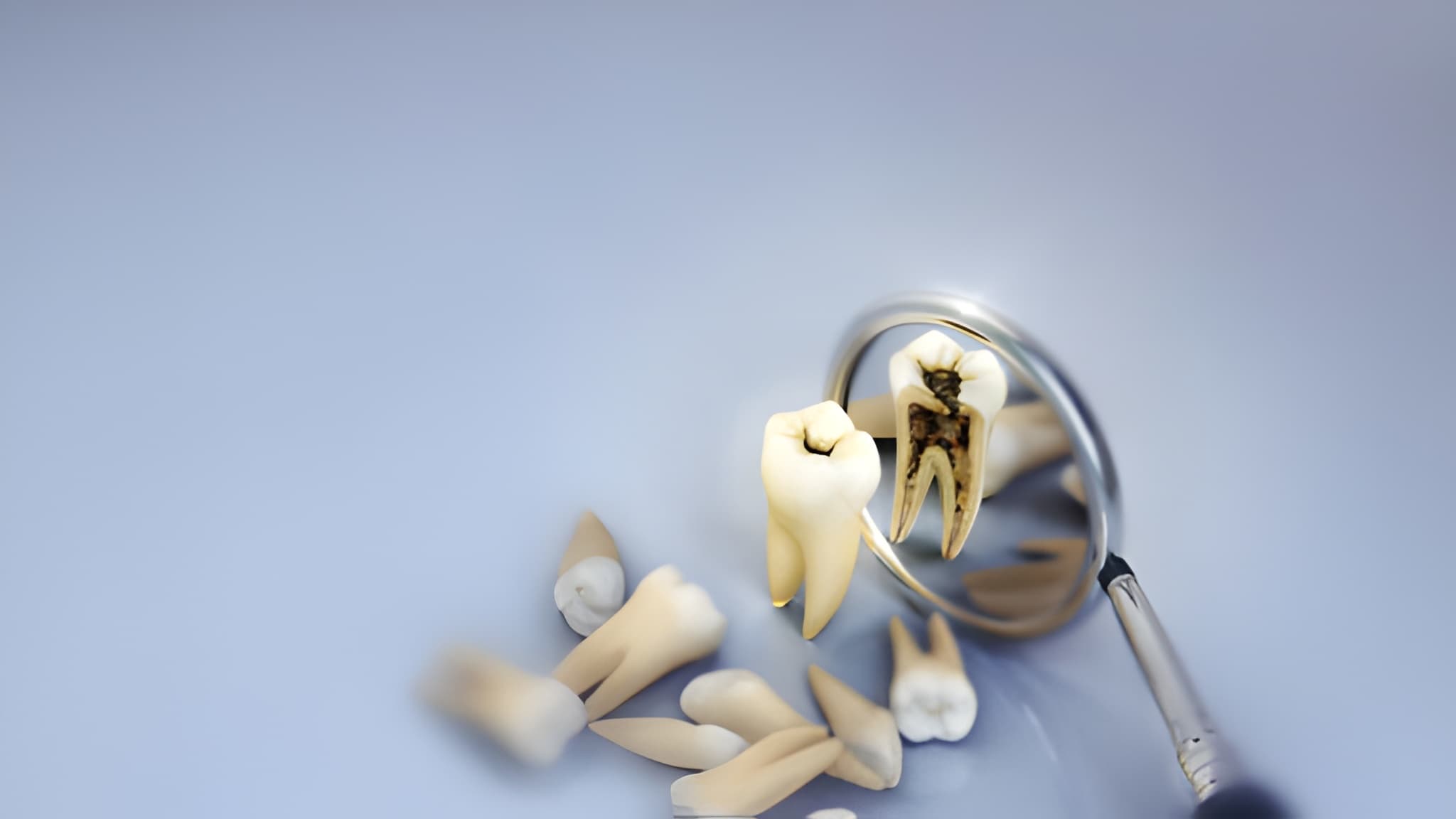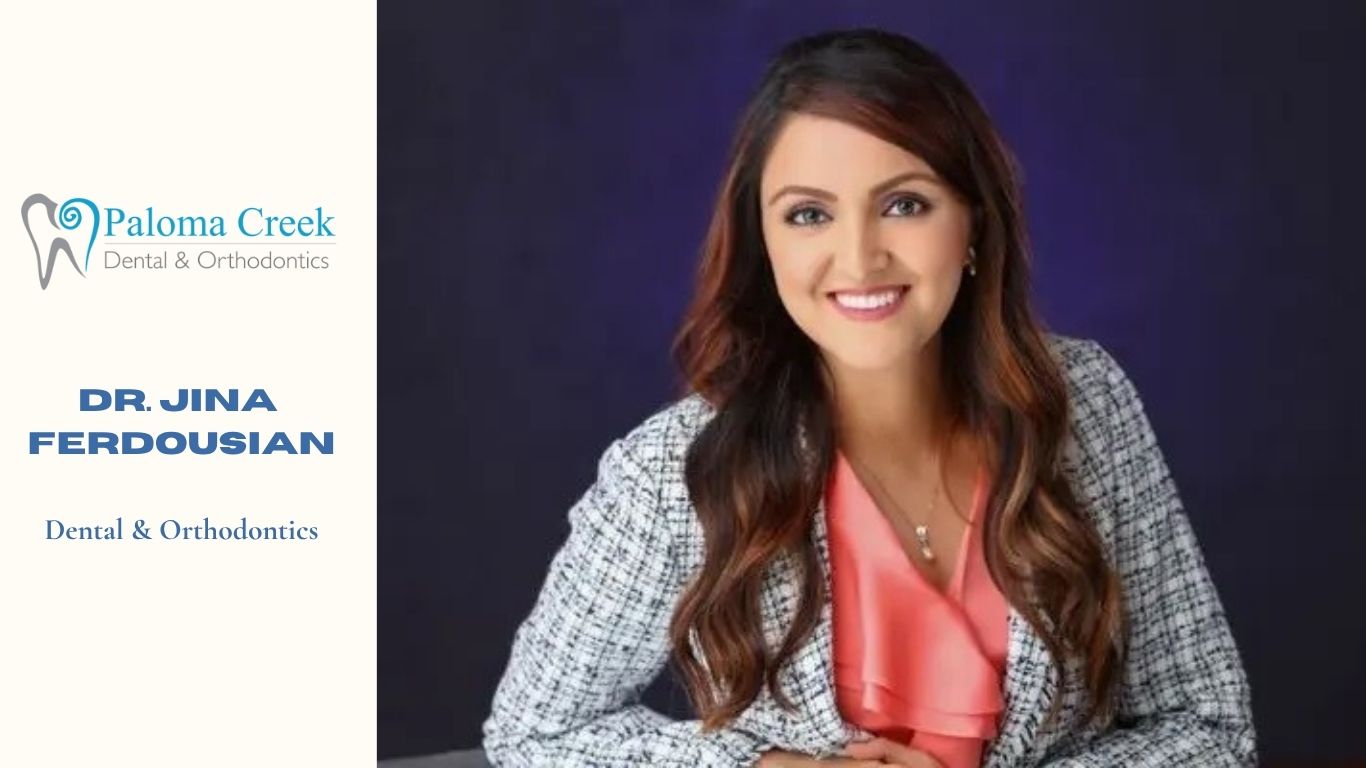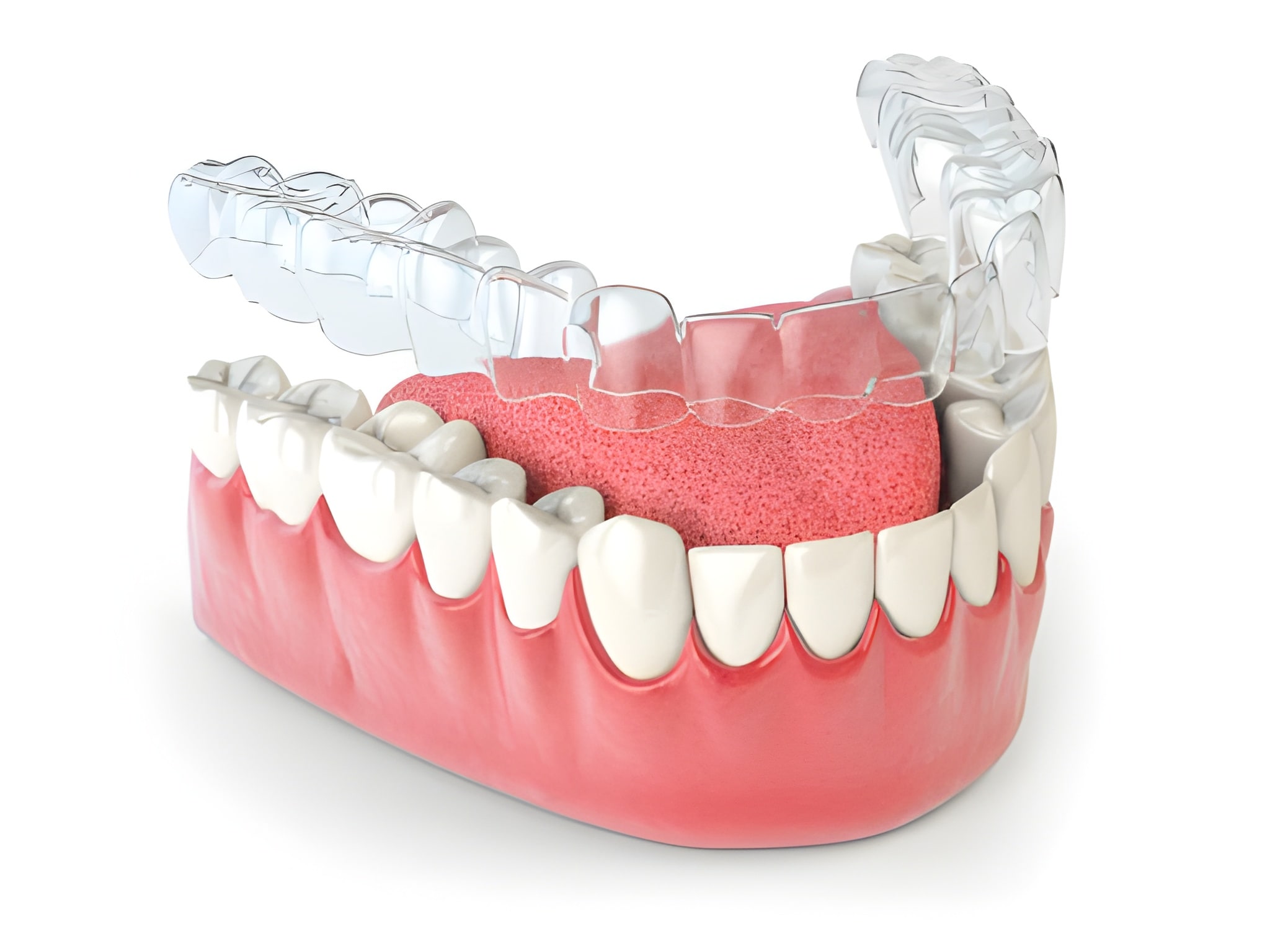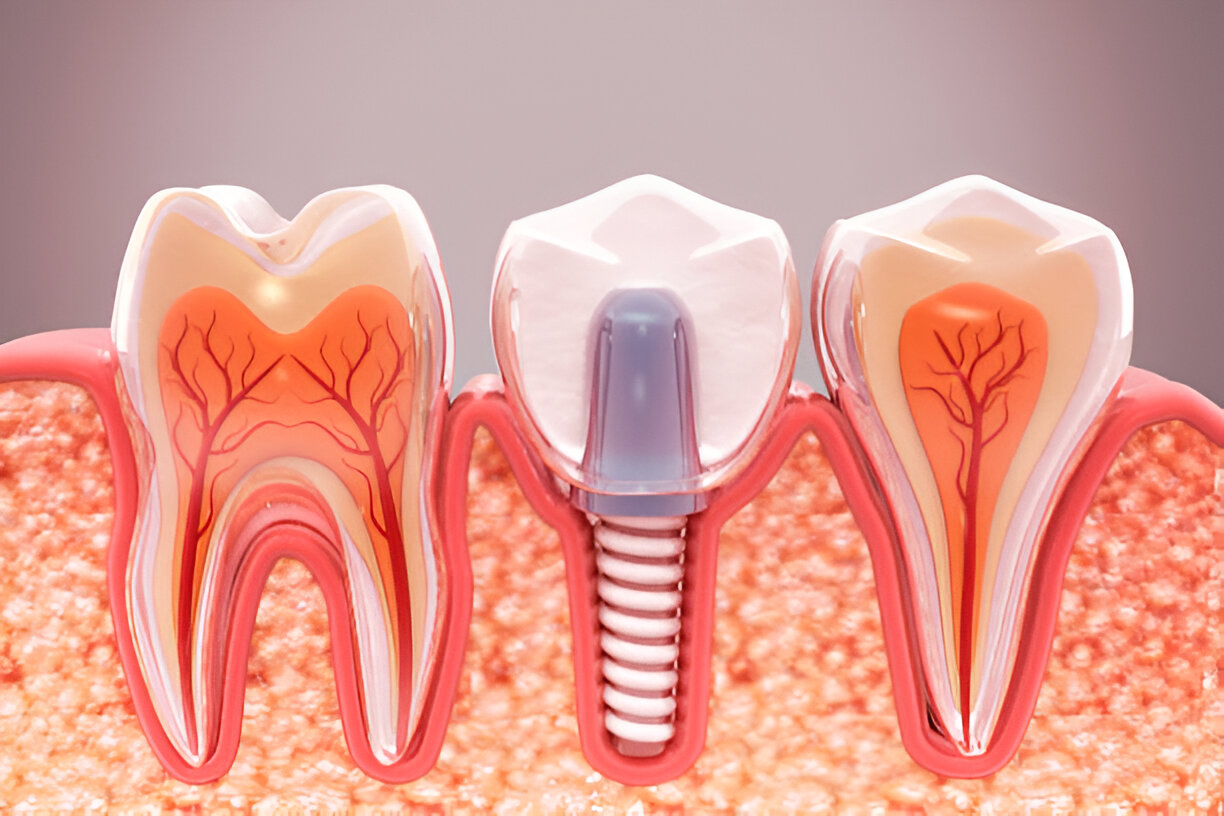Home Endodontist Vs. Periodontist: The Who, What & Why!

Our mouth is a complex organ with different working parts. The different sections inside our mouth are incredibly detailed and function independently. Believe it or not, there are different experts for treating your jaw, gum, and teeth. While all doctors come under different categories, two specialists that patients often get confused between are endodontists and periodontists.
Many adults would’ve consulted with either of these specialists but remain confused between periodontics and endodontics. This blog looks closely at these experts and understands what sets them apart.
So continue reading as we look into the different aspects of endodontist vs. periodontist in the following sections of the blog. But first, let’s understand more about these professionals in detail.
An endodontist is a dental professional who is an expert in caring for the tooth pulp and tissues surrounding a tooth’s root. They also have expertise in other conditions and diseases that affect the tooth pulp and root.
Endodontists are trained to perform several procedures, like treating failed root canals,, endodontic surgery, dental trauma, and cracked teeth. However, they’re mostly referred for their expertise in root canals.
A periodontist is a dental specialist who focuses on supporting structures around the teeth and the conditions or diseases that affect them. They specialize in saving your gums, cementum (root cells), alveolar bone, and periodontal ligament.
Your Texas periodontics professional is also trained in the maintenance and placement of dental implants. You can visit a periodontist to receive a wide range of treatments, including root planing, dental scaling, and severe gum problems.
So now that we’re clear about the roles of these professionals in maintaining our teeth, let’s check out some differences between an endodontist and a dentist for periodontal treatment in the following section.
As mentioned earlier, both endodontists and periodontists are specialists in working on different parts of the mouth. They go to dental school, and once they complete their graduation, they obtain dental degrees with an additional 2-3 years of specialty training.
However, endodontists generally learn about administering local pain medication, performing microsurgery, reducing patient discomfort, and improving root canal treatments.
On the contrary, periodontists mostly focus on surgical and non-surgical treatments.
Endodontists specialize in root canal treatments. Most professional Aubrey dentist endodontists perform over 25 root canal treatments weekly. While general dentists can also perform such procedures, they’re not as experienced as endodontists due to the number of times they execute them.
On the other hand, periodontists are experts who focus on gums and treat diseases around them. They’re primarily responsible for your healthy gums and specialize in treating root scaling or planing. Both methods are required to remove tartar and plaque from the roots under the gumline.
Endodontists are specialists who can relieve you of severe tooth pain. Root canal therapy can save you from broken teeth, extraction, fractured and cracked teeth.
Endodontists often perform treatments for:
Since periodontists have expertise in gum diseases, they are experts in removing tartar and plaque build-up with deep scaling. As experts, periodontists can perform several treatments, including:
General dentists are your excellent defense against general oral health conditions. Knowledgeable and skilled family dentists can help you treat minor dental problems earlier in gum disease. However, they cannot perform the treatment methods of a periodontist.
Like Endodontists, Periodontists practice using specific tools and modern technologies to execute complex procedures efficiently. Therefore, while visiting a general dentist after consulting a periodontist is a feasible idea, the other way round is not advisable.
Dental problems such as cavities, gum disease, and tooth decay can lead to discomfort, pain, and even tooth loss. By practicing good oral hygiene habits, such as brushing and flossing regularly, visiting the dentist for regular check-ups, and avoiding sugary and acidic foods and drinks, individuals can reduce their risk of developing dental problems and improve their overall health and quality of life.
To avoid visiting such professionals, it’s important to maintain good oral health by following these simple guidelines:
While endodontists and periodontists both specialize in treating dental issues, they focus on different aspects of oral health. Endodontists are concerned with the health of the dental pulp and the nerves within the teeth, while periodontists focus on the health of the gums and supporting structures of the teeth.
Ultimately, the choice between seeing an endodontist or periodontist will depend on the specific dental issue that needs to be addressed. It is important to consult with a qualified dental professional to determine the best course of treatment for any dental problem. By working with a skilled and experienced specialist, individuals can receive the highest quality care and maintain optimal oral health for years to come.
Knowing whom and when to visit can be challenging, especially when you have a limited idea of different dentists. So don’t risk your oral health, and Contact professionals at Paloma Creek guide you for the best. Visit our clinic to test which course of treatment you should settle for, or call us at 972-347-1090.























Monday
8:00am – 5:00pm
Tuesday
8:00am – 5:00pm
Wednesday
8:00am – 5:00pm
Thursday
8:00am – 5:00pm
Friday
Closed
Saturday
Closed
Sunday
Closed
Mon
8:00am – 5:00pm
Tue
8:00am – 5:00pm
Wed
8:00am – 5:00pm
Thu
8:00am – 5:00pm
Fri
Closed
Sat
Closed
Sun
Closed